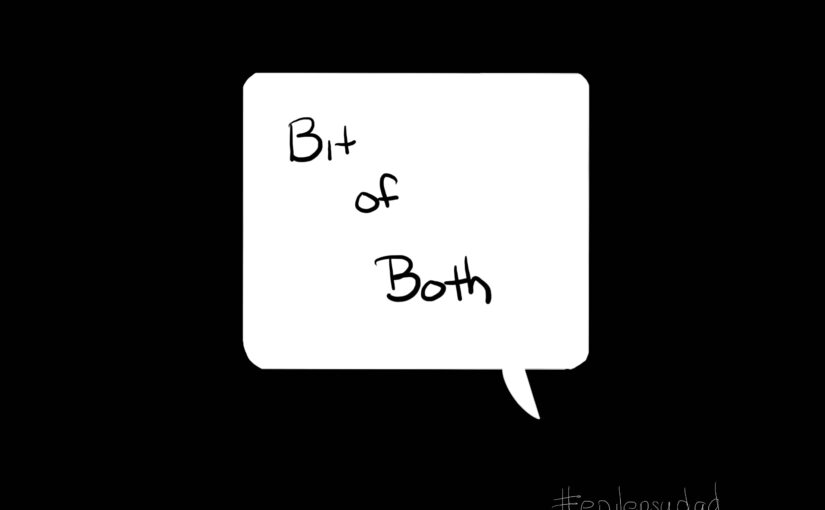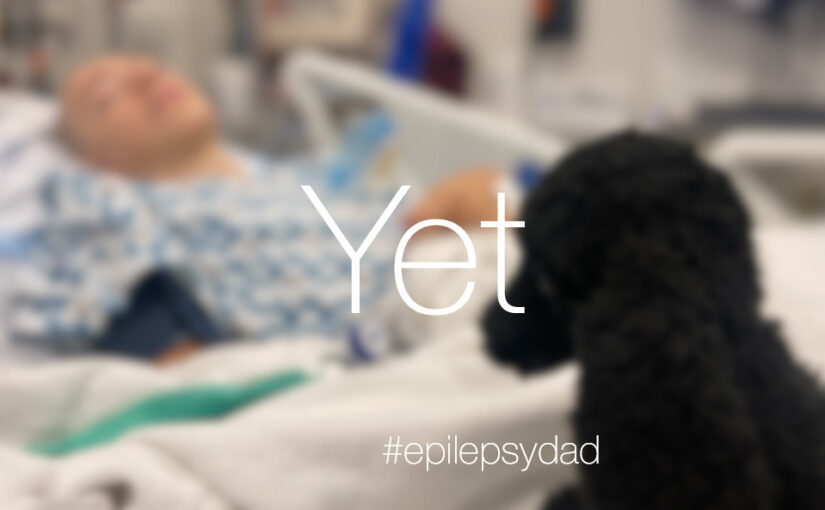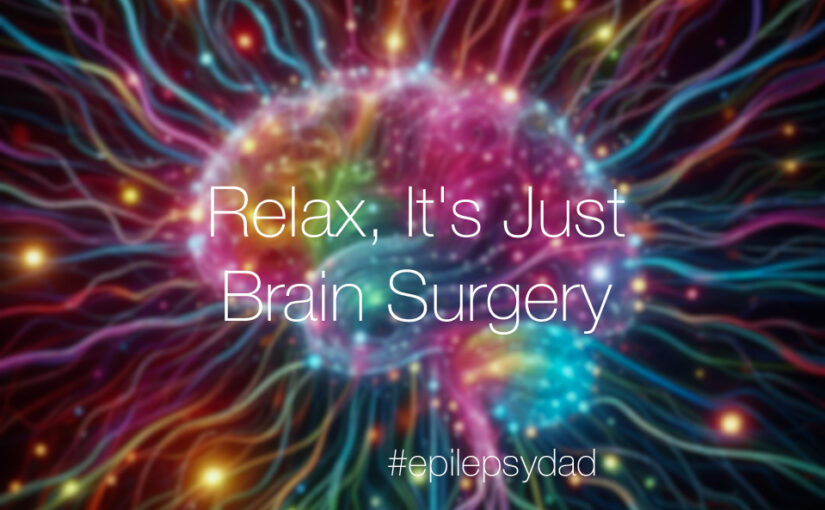There’s this great line from the Marvel Guardians of the Galaxy movie where one of the characters asks his team what they should do next.
Peter Quill: What should we do next? Something good? Something bad? A bit of both?
Gamora: We’ll follow your lead, Star-Lord.
Peter Quill: Bit of both.
At a recent appointment with our neurologist, we were giving her an update on our son’s quality of life. As I listed the highs and lows, that line from the movie popped into my head because it perfectly captures where we are on our journey with epilepsy.
For so long, it felt like we were chasing a single definition of “better.” Fewer seizures. Better focus. More sleep. But over time, I’ve learned that progress rarely shows up in a straight line. It comes in fragments stitched between setbacks.
Even with the medication changes, VNS, and DBS, our son still has seizures most days. But they’re mostly when he sleeps and hasn’t had a daytime seizure in a long time. The seizures affect his sleep and rest, and he’s tired a lot. But we’ve been able to manage his exhaustion and prevent it from escalating and increasing his seizures.
Because of his morning seizures, he often goes to school later, but he makes it through the day. He still struggles with his memory and executive functioning, but he is able to complete tasks and problem-solve. He’s behind socially, but he has a best friend. When we thought we should only expect regression in his cognitive abilities, we saw progress in math and other subjects.
When the neurologist did the “finger-to-nose” test to assess his upper body movement and coordination, she observed some tremors and dysmetria. But he also plays baseball and can hit a fastball and throw a pitch. His reaction time is slow, but his coaches adapt their style to help him contribute. The team consists mainly of neurotypical teens who go to school together and socialize outside of baseball, but they treat my son kindly. This season, the coach even drafted his best friend onto the team.
Last week, I wrote about embracing the bittersweet. Moments are never just one thing, and I sometimes struggle to find the good in bad ones, but I look for the bad when the moment is good.
In the middle of sadness, there is love. In struggle, there is strength. In the hardest days, there is light.
Life isn’t one thing, either. It’s a collection of moments and experiences stitched together over time. It’s natural to apply the same pessimistic lens to the collection as to each individual moment and get stuck in the pattern of only seeing the negative. But in life, just as it is with each moment, it’s important to see both.
Maybe I won’t always find it right away. Maybe some days the sorrow will feel heavier than the joy. But if I can hold space for both, if I can remember that they live side by side, then maybe I can stay a little closer to hope.
Maybe I won’t always recognize it immediately. Some days, the bad will feel bigger than the good. But if I can step back, hold space for both, and remember that neither tells the whole story on its own, I can keep moving forward.
Holding space might mean celebrating a hit in baseball even if the rest of the day was hard, or letting my son’s laugh take up the room without immediately wondering how long it will last. It’s giving each part its due without rushing past the good or getting swallowed by the bad.
That’s not just something to look forward to — it’s something to hold onto.
So, what comes next? Something good? Something bad?
Bit of both.


